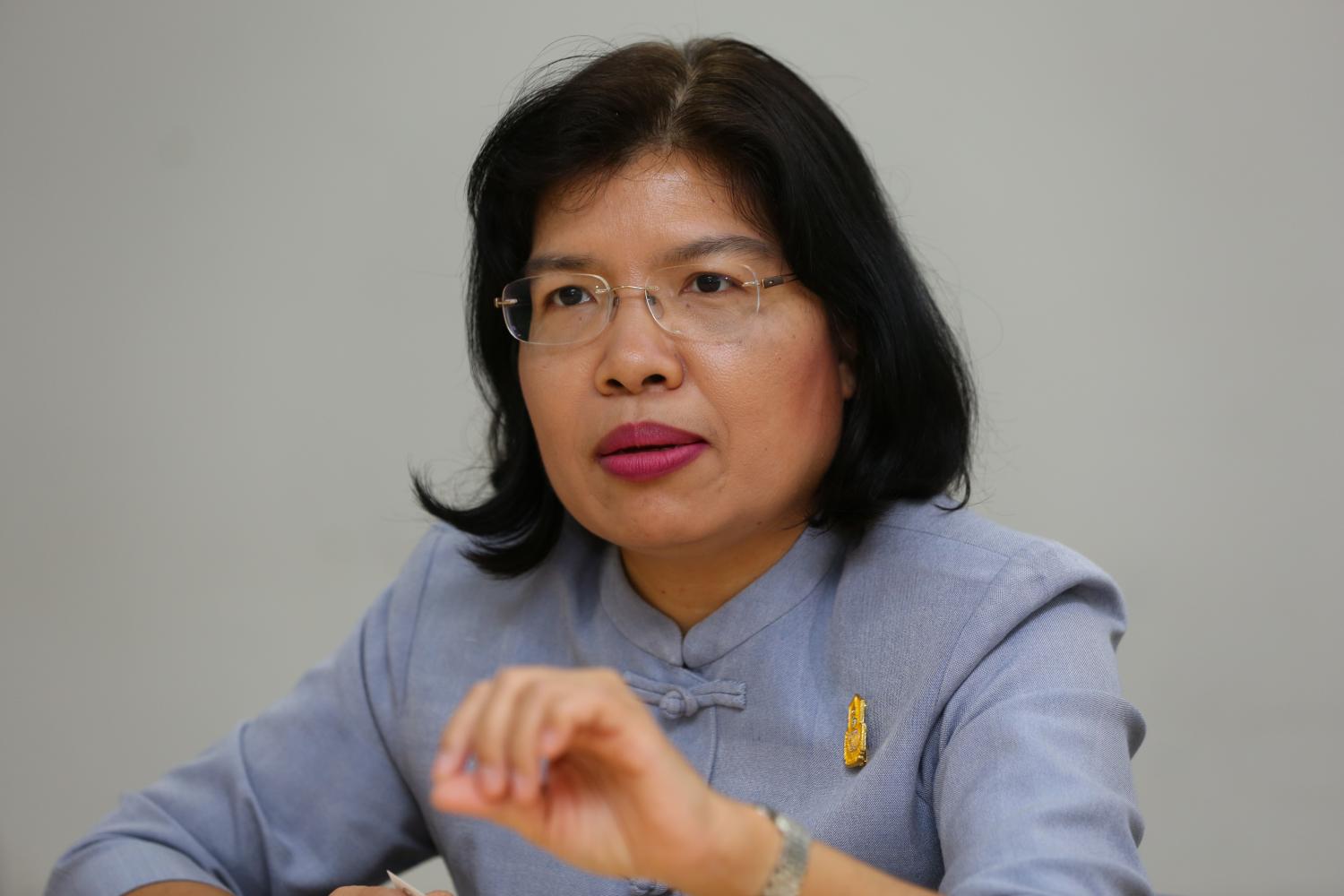
The Commerce Ministry is poised to revive long-delayed free trade agreement (FTA) negotiations and has scheduled public hearings nationwide before proceeding with proposals for cabinet approvals of the talks by November.
Yesterday, Auramon Supthaweethum, director-general of the Trade Negotiations Department, said following a public hearing on planned Thai-EU FTA talks in Bangkok, the department is scheduled to hold public hearings nationwide to hear out all stakeholders throughout October and November.
The department will then gather all opinions and relevant studies for policymakers to decide whether to resume Thai-EU FTA talks.
Mrs Auramon said the EU is a large potential market with a population of 512 million.
The EU is Thailand's fourth largest trading partner in the world and second largest investor here.
Two-way trade between Thailand and the EU totalled US$47.3 billion in 2018, with Thai exports accounting for $25 billion and imports $22.2 billion.
FTA negotiations between Thailand and the EU have been on hold since the 2014 coup and subsequent military rule. The EU protested the suspension of democracy.
The EU pursued trade negotiations with other Asean nations and has signed FTAs with Singapore and Vietnam.
On Sept 12, Pirkka Tapiola, the EU ambassador to Thailand, told Deputy Prime Minister Somkid Jatusripitak the bloc is poised to resume FTA negotiations with Thailand.
Both sides also agreed to resume FTA negotiations between Asean and the EU.
Mr Tapiola said the negotiations will commence after the EU settles on a new European Commission next month.
Mr Somkid said the EU has shown interest in taking a greater role in trade and investment in Asean and is keen to join the Ayeyawady-Chao Phraya-Mekong Economic Cooperation Strategy and the Regional Comprehensive Economic Partnership.
Mr Somkid said EU investors also expressed intentions to use the Eastern Economic Corridor as a production base for exports to other countries in the region. The EU agreed to help promote Thailand's 12 targeted industries that focus largely on high technology.
The targeted industries are cars; smart electronics; affluent, medical and wellness tourism; agriculture and biotechnology; food; robotics for industry; logistics and aviation; biofuels and biochemicals; digital; medical services; defence; and education development.